Astronomers have discovered that black holes trigger the formation of galactic winds that greatly influence star formation.
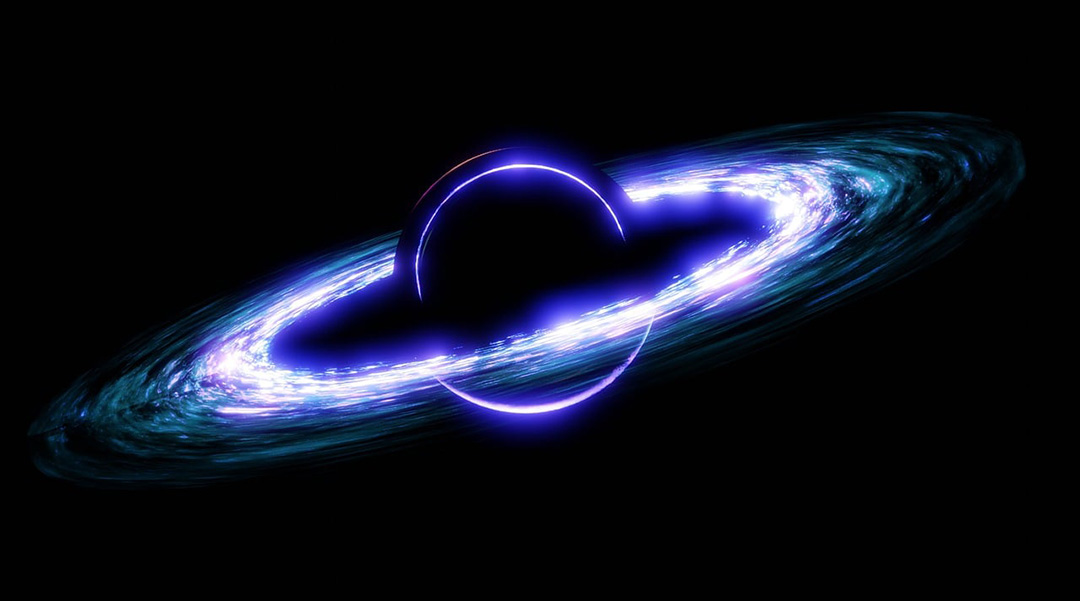

Astronomers have discovered that black holes trigger the formation of galactic winds that greatly influence star formation.
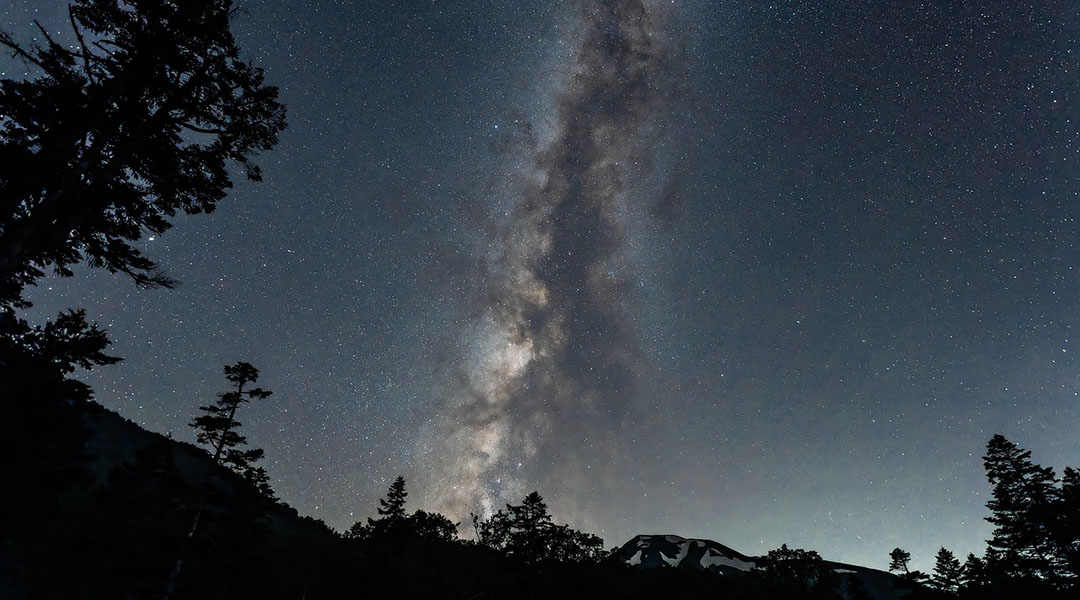
In this third and final article in a series on philosophy and science, we look at how modern science shows the validity of dialectical processes and how this can help guide science.
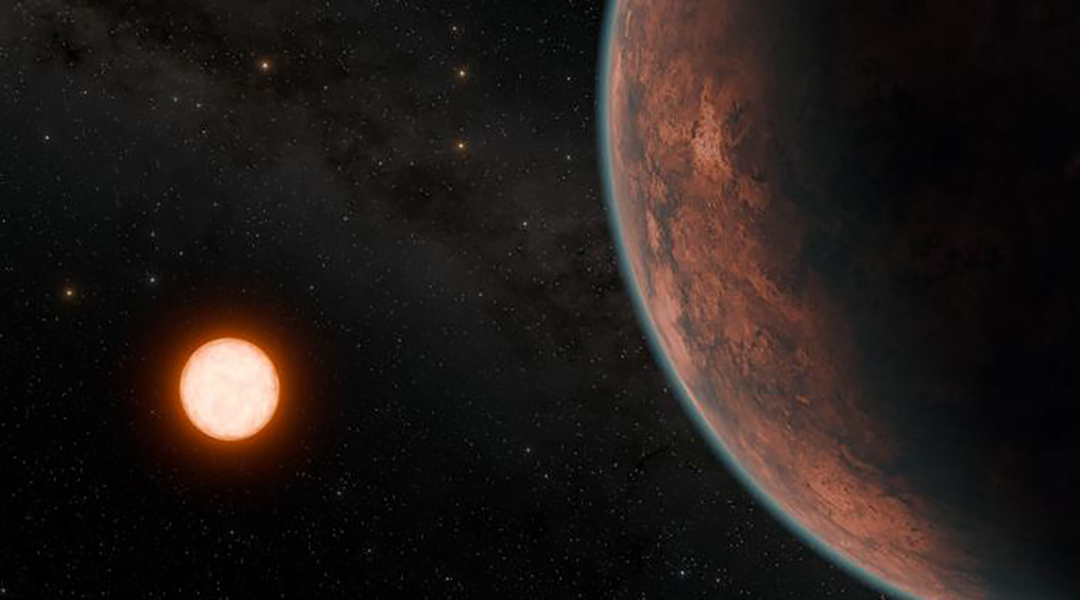
Orbiting a cool, red dwarf star, Gliese 12 b offers insight into atmosphere retention near stars, sparking new questions about habitability.
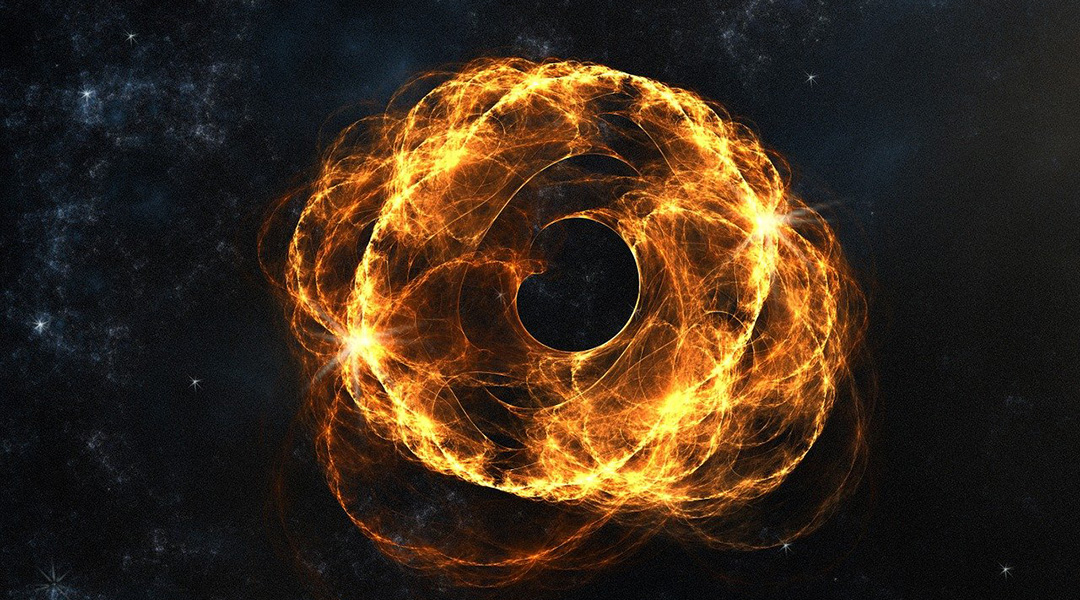
During the tumultuous mergers of black holes, smaller black holes called morsels could produce detectable Hawking radiation.

By adding primordial magnetic fields to the Standard Model, researchers may solve the mystery of the Universe’s expansion.
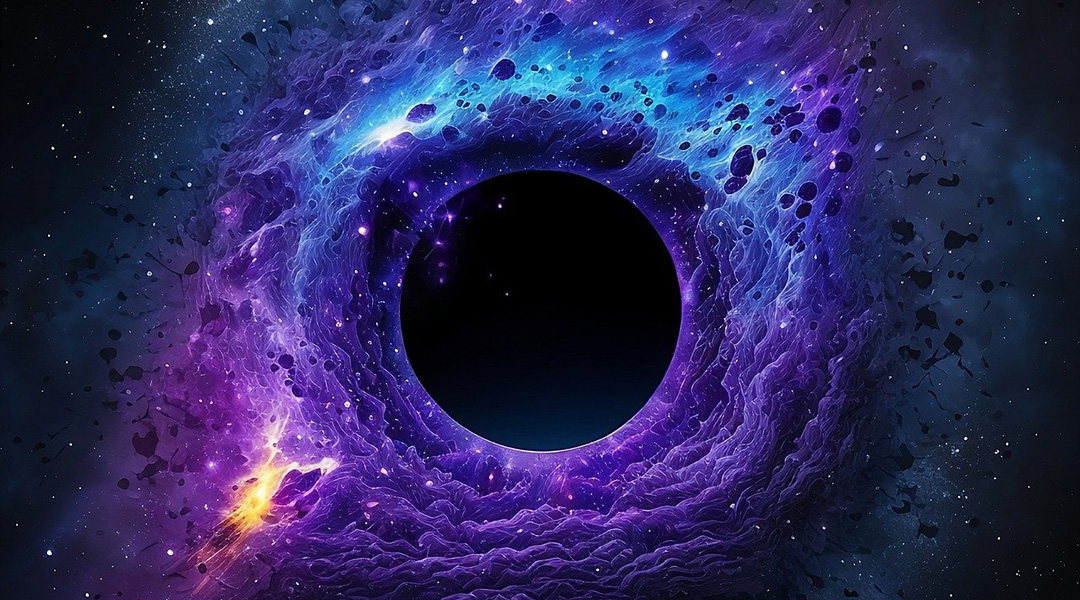
Tiny interactions between dark matter particles may resolve discrepancies between theory and astronomical observations caused by quantum tunneling.
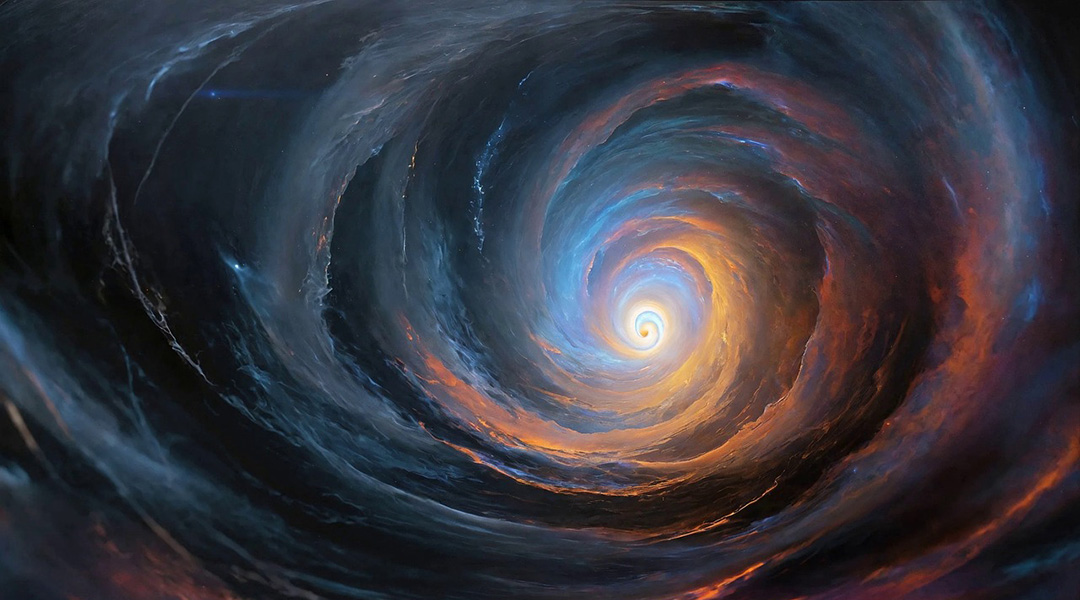
Even tiny deviations in pendulum behavior caused by quantum gravity could be clearly noticeable, say researchers.

A sensational paper argues that AI could be responsible for the scarcity of advanced technological civilizations in the Universe.
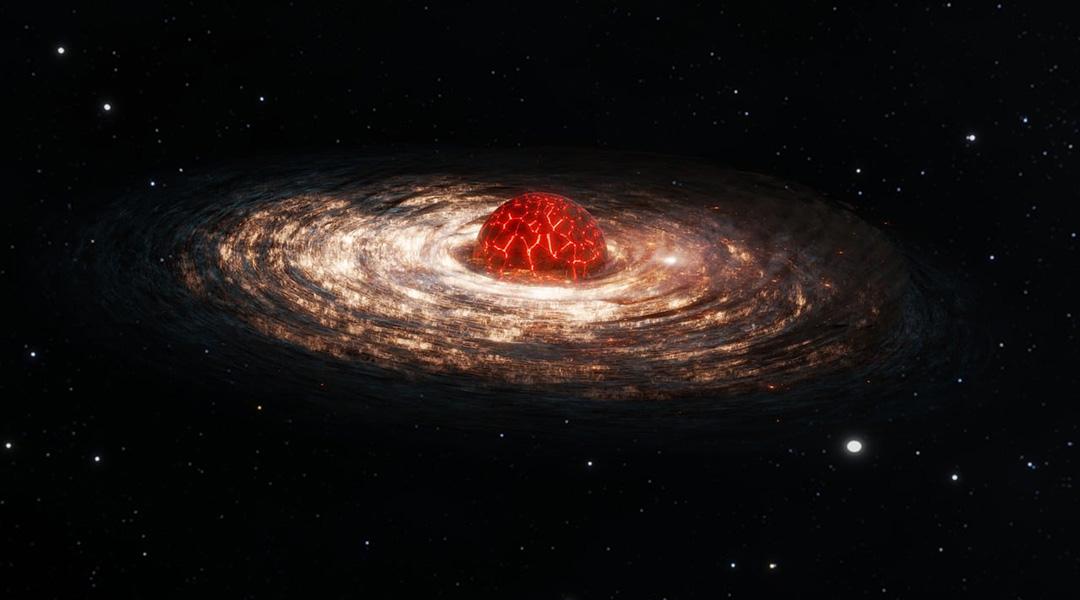
While dark matter’s enigmatic nature persists, Proca stars made of dark photons could help shed light on this cosmic mystery.

In this second article in a series on philosophy and science, we take a look at dialectics and its relevance to understanding change in the natural world.